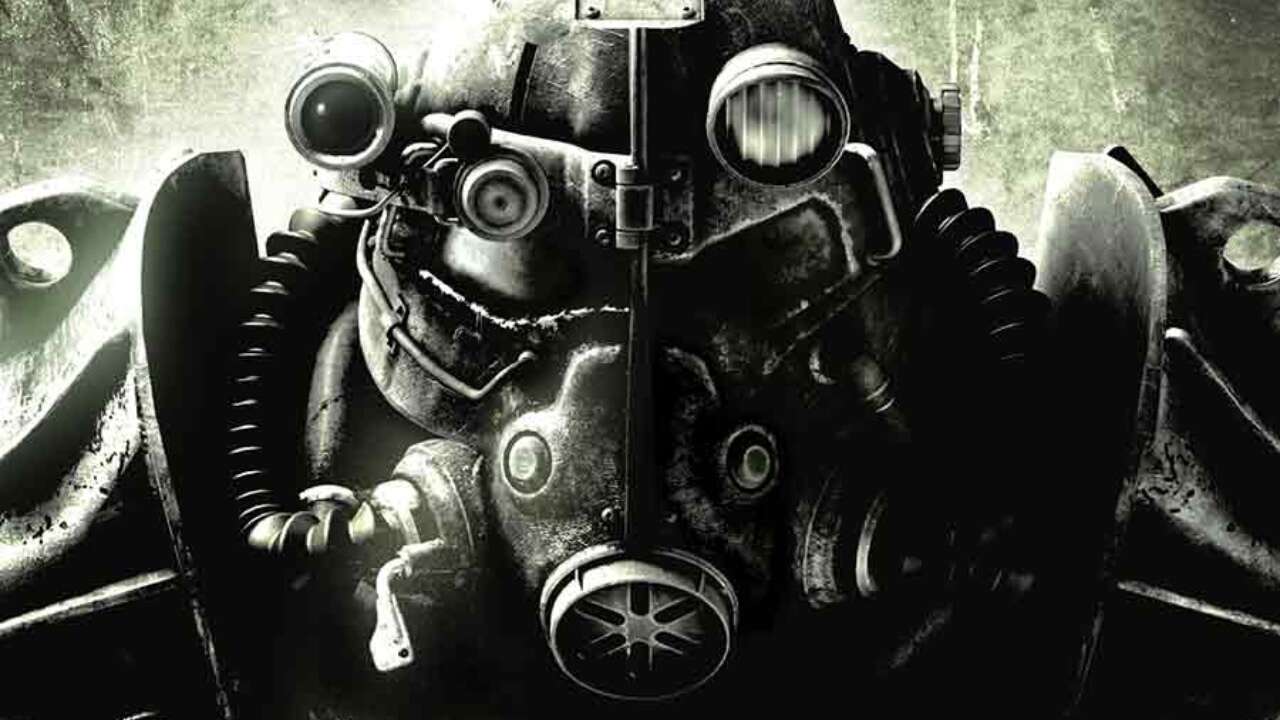The original Fallout remains one of the most influential role-playing games of all time, cherished for its deep storytelling, tactical isometric gameplay, and post-apocalyptic worldbuilding. Yet despite growing nostalgia and increased demand from fans for a modernized version, a remaster of Fallout seems unlikely—at least according to its creator, Tim Cain.
In a recent update to fans, Cain outlined the complex and largely insurmountable obstacles that stand in the way of reviving this iconic title in remastered form. From outdated development tools and lost source code to tricky licensing issues, the road to a Fallout remaster is far more treacherous than fans might assume.

The Original Fallout: A Legacy Title Still Loved by Fans
Originally released in 1997, Fallout set the stage for what would become one of gaming’s most beloved franchises. Its mature narrative, branching choices, and turn-based combat helped it stand out in an era dominated by action titles. Today, it continues to attract a cult following, especially among PC gamers who enjoy retro RPGs.
However, while the title still has strong replay value, many have expressed a desire to see it remastered with updated graphics, quality-of-life improvements, and compatibility with modern systems.
Fallout Creator Tim Cain Reveals Why a Remaster Is Improbable
Lost or Obsolete Source Code and Tools
One of the most significant barriers to a Fallout remaster is purely technical. Tim Cain explained that the proprietary tools used to build the game are now completely obsolete and no longer supported. More critically, the source code for the original game is “almost completely lost.”
Although some fragments of the source code may exist—reportedly copied by Interplay co-founder Rebecca Heinemann—they are largely unusable without the original development environment. Rebuilding the game from scratch would be a monumental task, essentially akin to creating a brand-new game.
Bugs That Can’t Be Patched
Cain further noted that the game contains bugs embedded deeply within the original source code. Without access to the original tools or a complete and working codebase, these issues cannot simply be fixed via traditional patching methods. This makes it almost impossible to produce a polished remaster without encountering major setbacks and inconsistencies.
Legal and Licensing Hurdles Further Complicate the Possibility
Music and Intellectual Property Rights
Beyond the technical difficulties, Tim Cain pointed out legal entanglements as another major hurdle. Licensing for the game’s music and other intellectual property components could present a maze of complications.
When Fallout was originally developed by Interplay, various rights were negotiated under contracts that are now decades old. Tracking down rights holders or renegotiating those deals would require time, money, and a level of legal involvement that might not be justifiable from a business standpoint.
Fallout’s Ownership History
It’s worth noting that Fallout has changed hands over the years. Bethesda Softworks acquired the franchise rights in the mid-2000s and developed Fallout 3, Fallout 4, and Fallout 76. Bethesda now owns the IP, which further distances the original development team from the legal and creative reins of the franchise.
Why Not Just Rebuild Fallout from Scratch?
Some fans might ask: Why not just remake the original game using modern tools and engines? The problem lies in balancing faithfulness to the source material with the expectations of modern gamers. A full remake would require major investments in art design, programming, and QA testing—all for a game that may only appeal to a niche audience.
Moreover, with Bethesda focused on future Fallout titles and the upcoming Elder Scrolls VI, it’s unlikely that they would divert resources to remake a decades-old RPG with uncertain commercial prospects.
What Are the Alternatives for Fans?
For those eager to experience the classic Fallout experience today, there are still options:
-
Fallout 1 and 2 are available on platforms like GOG and Steam, often bundled in sales.
-
Fan mods continue to improve visuals, interface, and gameplay elements.
-
Fallout: Nevada and other total conversion mods offer expanded content based on the original engine.
-
Fallout: New Vegas and Fallout 4 remain great spiritual successors with modern graphics and mechanics.




